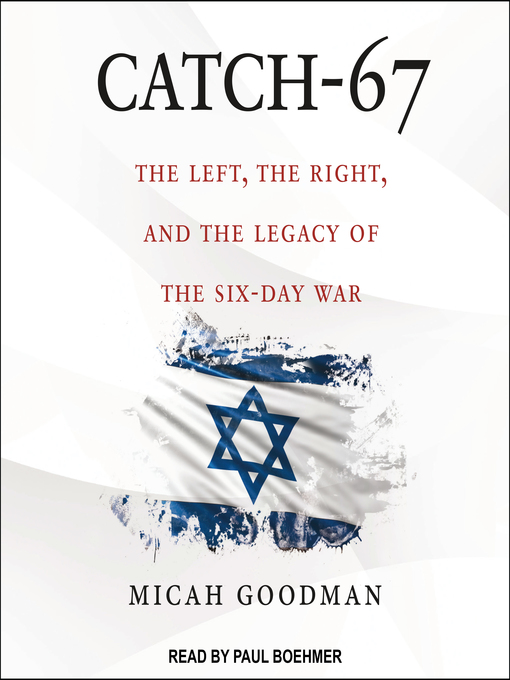- Available now
- New eBook additions
- All eBook Fiction
- All eBook Nonfiction
- Most Popular
- Adult Graphic Novels & Manga
- See all ebooks collections
- Available now
- New Audiobook additions
- All Audiobook Fiction
- All Audiobook Nonfiction
- Most Popular
- Hidden Gems
- See all audiobooks collections
- Available now - for kids
- Available now - for teens
- New kids eBooks
- New teen eBooks
- New kids Audiobooks
- New teen Audiobooks
- See all kids & teens collections
- Magazines
- Popular culture
- Art, architecture and literature
- Cars, boats and planes
- Food, fitness and health
- See all magazines collections
